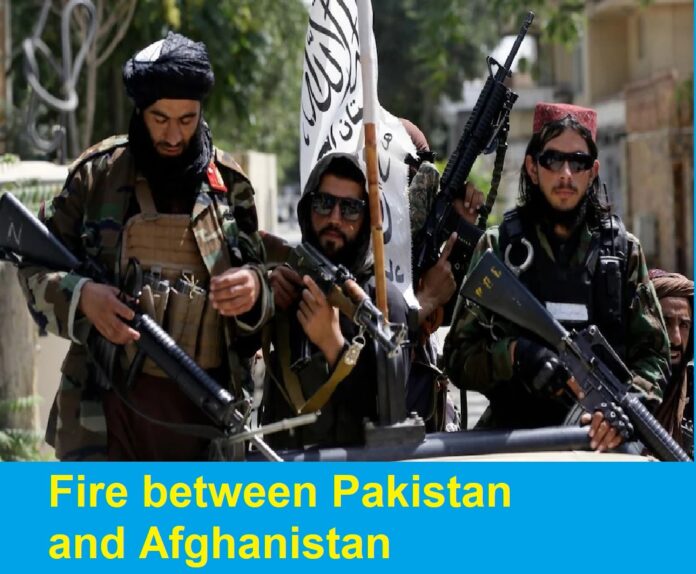In a stunning change of events, the Torkham border, functioning as a critical link between Pakistan and Afghanistan, has been thrown into the spotlight yet again. This time, it’s owing to heavy firing that has triggered the closure of the Torkham Border Terminal, bringing all types of travel to a standstill.
Rising Tensions
The recent escalation of hostilities along the Torkham border reflects a disturbing picture of strained relations between these neighboring states. This article seeks to go into the heart of the matter, offering light on the current events and the broader context of Pakistan-Afghanistan ties.
Anonymous Sources Speak
According to an exclusive source mentioned in ‘The Khorasan Diary,’ a senior Pakistani official, speaking on the condition of anonymity, said that army officers have been rushed to the site to resolve the hazardous situation. This measure highlights the gravity of the crisis and the urgency with which it is being handled.
Historical Context
The current border dispute is not an isolated instance. In February 2023, the Torkham border was sealed as well, anticipating the tumultuous events that have occurred since. The deterioration of Pak-Afghan ties has played a crucial role in these current confrontations.
Taliban’s Stance
The Taliban, which now maintains power in Afghanistan, has been a prominent character in these confrontations. A representative for the Taliban administration’s police force in the eastern Afghan province of Nangahar confirmed the border’s closure, indicating that conversations on the topic will follow. It’s apparent that the situation is delicate and demands careful management.
A Complex History
The tumultuous history between Pakistan and Afghanistan has deep origins. In April of the previous year, the Pakistan Army reportedly conducted airstrikes in Khost and Kunar provinces of Afghanistan, resulting in the deaths of 36 Taliban fighters. Despite these assertions, Pakistan fiercely denied any involvement in the airstrikes.
Cross-Border Tensions
Pakistan’s principal point is that terrorists from Afghanistan often infiltrate the border and carry out attacks. In contrast, the Taliban says that it has retained control since assuming power in August of the preceding year.
Diplomatic Entanglements
Following the airstrikes in Afghanistan, the Taliban wasted no time in calling the Pakistani Ambassador located in Kabul. They called an immediate halt to such military measures, underlining their damaging impact on bilateral relations. In response, Afghanistan’s acting Foreign Minister, Aamir Khan Muttaki, made a statement demanding the Pakistani Ambassador to cease military activities in Khost and Kunar.


